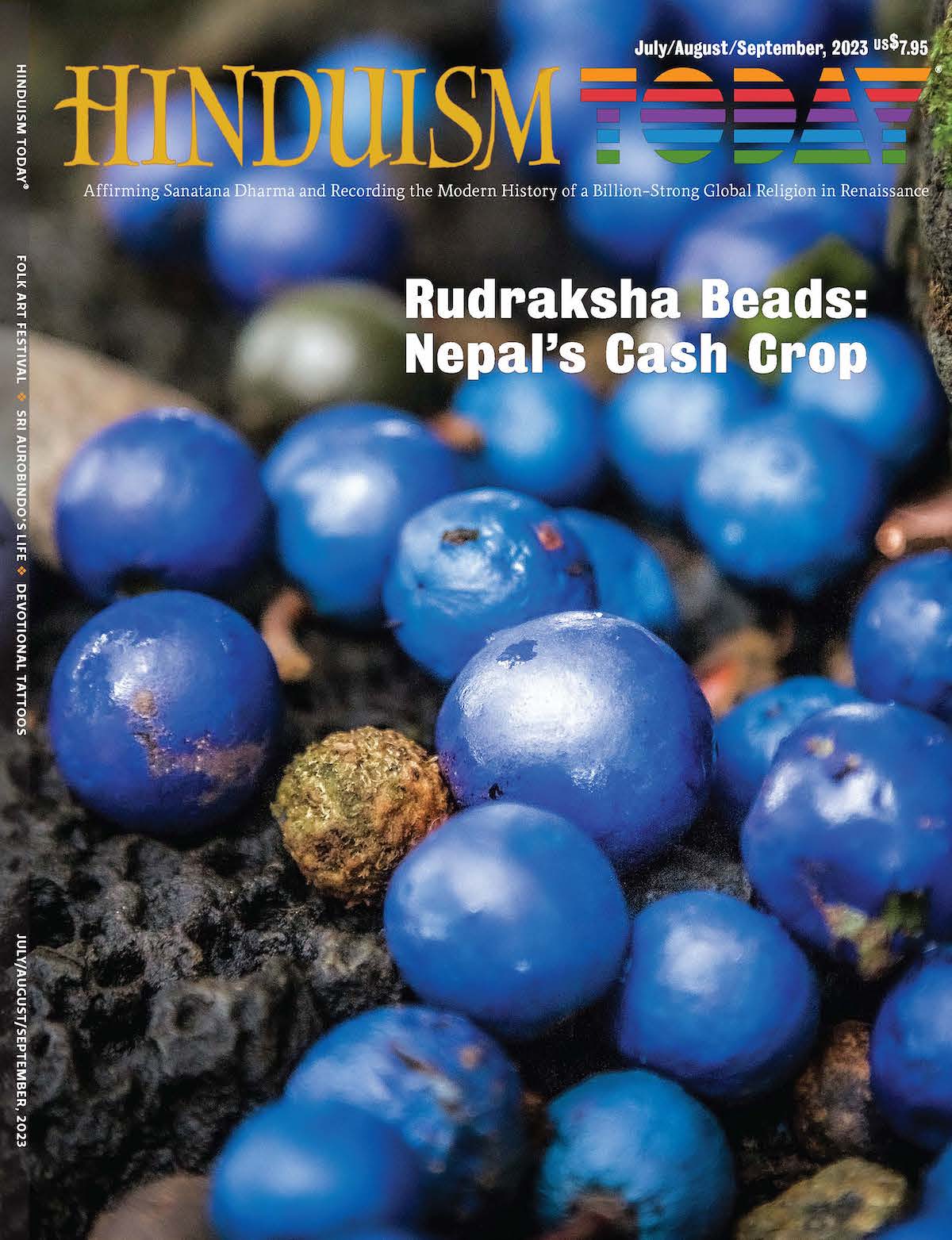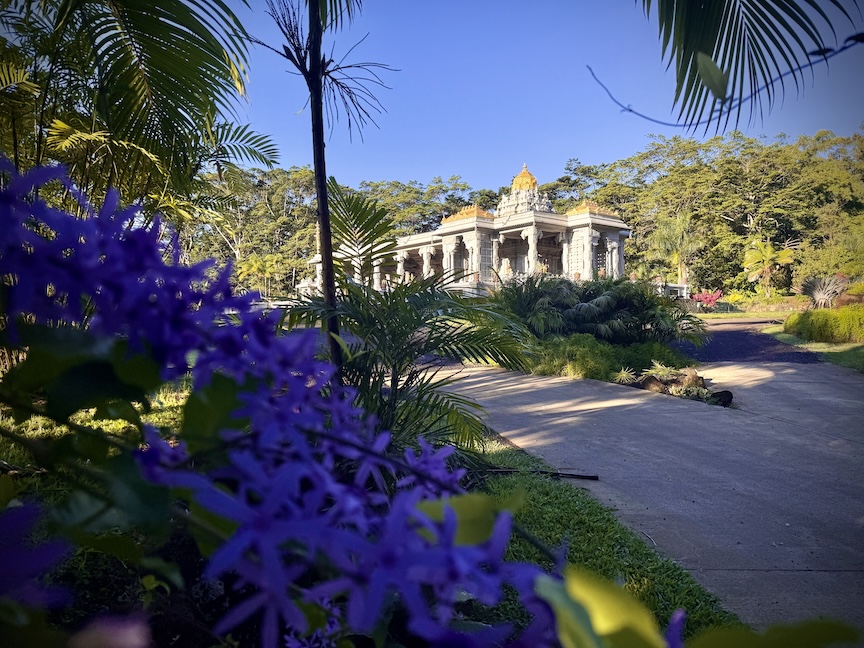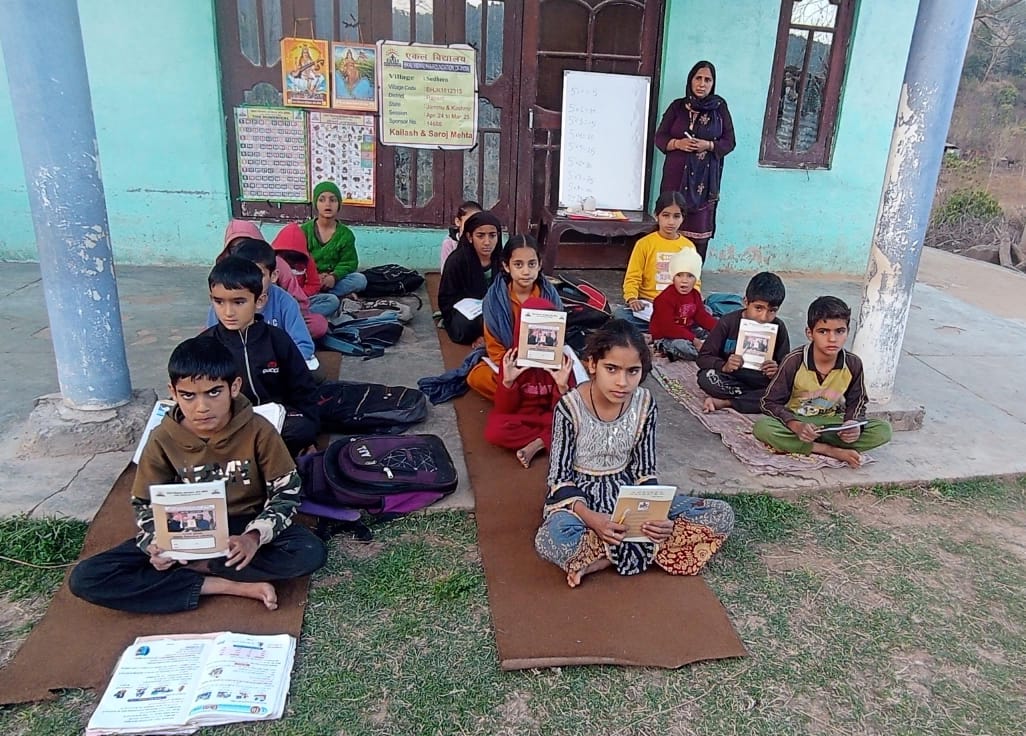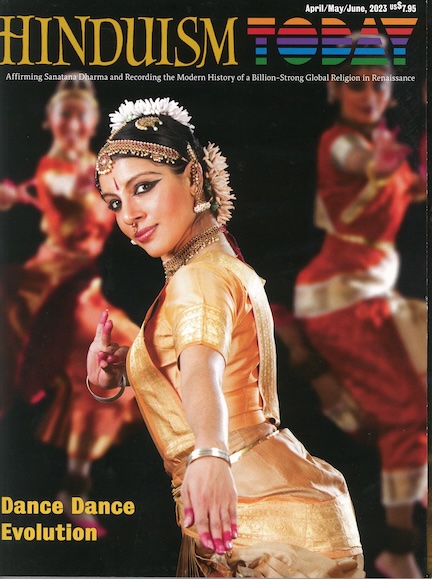
Default Estate Plans in Malaysia Do Not Always Please SurvivorsAll adult Hindus in Malaysia have an estate plan. The problem is, it's often not the plan they want or their families would like. "Many educated Malaysian Hindus are unaware of the Distribution Act," Malaysian native and unit trust consultant Mr. Guhan Sivalingam, 58, said, referring to legislation that imposes automatic forms of distribution by the state when Malaysians die without a written plan. Take the example of a childless married man who predeceases his wife and parents. If he has no written estate plan, the state distributes one-half of his property to his widow and one-half to his parents. For some, that might be fine; for others, a disaster. Regardless, the lack of a written plan also raises the odds for disputes among loved ones, according to Mr. Guhan, who is studying estate, retirement and tax planning to become a certified financial planner. "The family must also endure the long delay involved in applying for a letter of administration that allows a final distribution. Until the letter arrives, all assets are frozen and the survivors cannot access desperately needed resources. "With proper estate planning in place, life goes on as usual," he said. Despite the advantages of estate planning, he added, only ten percent of Malaysians have one, and most who do are not Hindus. When asked why, Mr. Guhan answered, "They lack awareness of and education about estate planning. They're busy with day-to-day matters. Those who are aware procrastinate, and most do not see its importance or urgency." Mr. Guhan, whose interests include religion, yoga, meditation and social work, would like that to change. So would the Hindu Heritage Endowment, which is offering seminars on estate planning to educate its donors to the techniques and advantages of estate planning that can be tailored to one's family circumstances rather than follow the Distribution Act of 1958 (Amended 1997). The following table shows how estates are distributed in Malaysia.
None of us can say what our family situation will be at death, so if even one of the plans the state has for the intestate is not to your liking, you will want to write your Will. Even more pressing for some than estate planning is retirement planning. Malaysians depend primarily on the Employees Provident Fund (EPF) for retirement, Malaysia's equivalent to Social Security in the US. The reality, according to Mr. Guhan, is grim. "This saving is crucial for all working class," he explained. "Unfortunately, most of the time the savings are gone within two to three years of retirement due to poor financial planning." According to Mr. Guhan, retirement in Malaysia is set at age 55. An individual's EPF savings are divided into two accounts: account one is 70% of the total and can be withdrawn following a specific formula on a staggered basis and invested in unit trust instruments, a form of collective investment constituted under a trust deed. Account two, or 30%, may be withdrawn for medical bills, education of oneself or one's children, for the first home purchase payment and when the member reaches 50 years of age. Beneficiaries can be nominated and changed at any time before retirement. The account receives a yearly dividend. The combination of the EPF, fragile cornerstone of most people's retirement, and virtually non-existent written estate plans does not bode well for Malaysia's Hindu population or for Hindu causes. The benefits charities receive from bequests from estate plans are rare in Malaysia. "I hope prudent estate and financial planning can remedy this," Mr. Guhan said. "It would be good for Hindu causes and wonderful for Hindu families." For more information contact Shanmuganathaswami at 808-822-3012 or email hhe@hindu.org. Visit the HHE website at www.hheonline.org. |

Hinduism Today Lifetime Subscription Fund
Helps cover the magazine’s production and distribution costs









